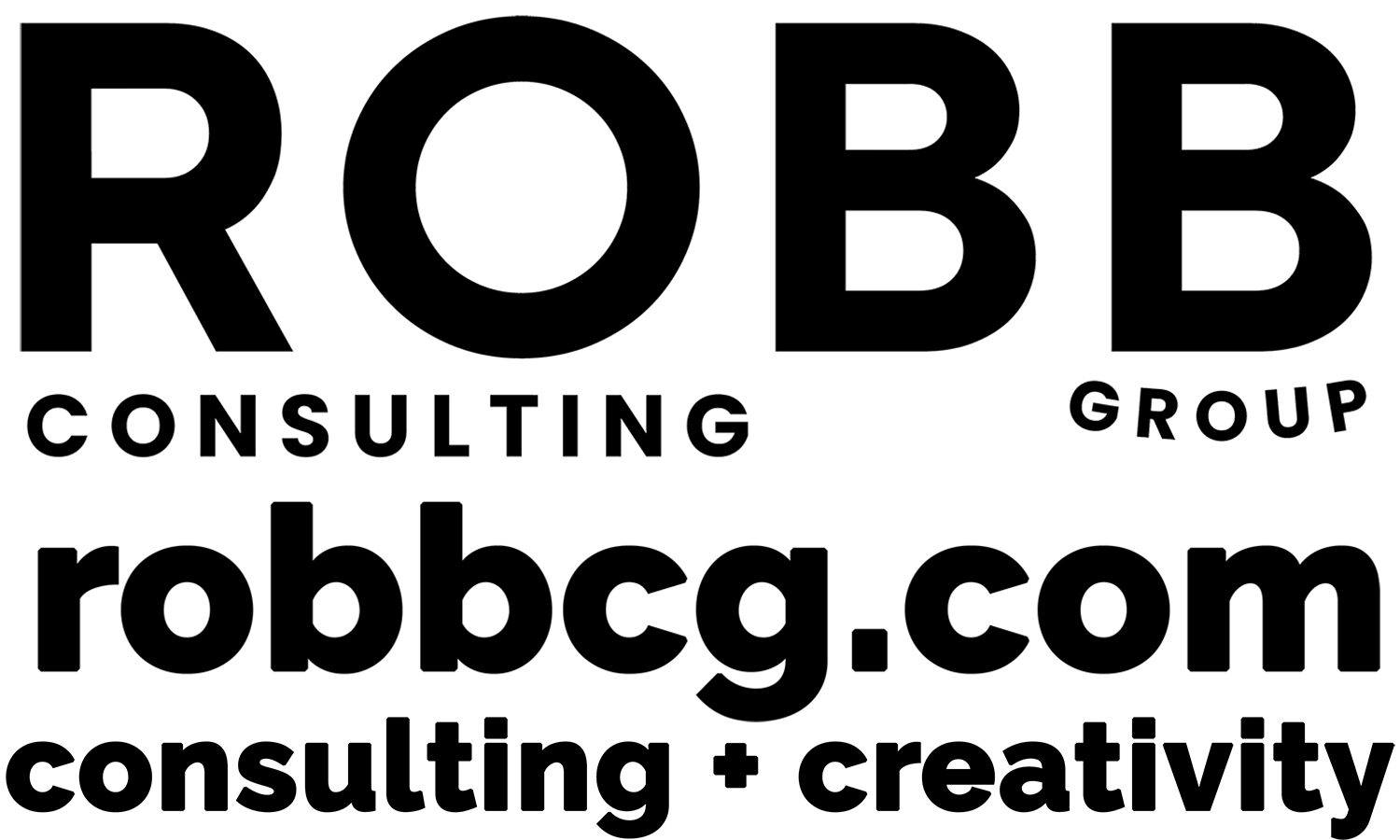
The terms “software engineer” and “software developer” are often used interchangeably, and in many cases, the roles can be very similar. However, there are some subtle differences in how these terms are used and the expectations associated with each role. It’s important to note that the precise definitions can vary from one organization to another, so these differences may not always apply universally. Here are some general distinctions:
1. Education and Training:
– Software Engineer: Typically, a software engineer is expected to have a formal education in computer science or a related field, such as a bachelor’s or master’s degree. They may have a deeper theoretical understanding of algorithms, data structures, and computer science concepts.
– Software Developer: Software developers may have a wide range of educational backgrounds and may not always hold formal computer science degrees. They often learn through practical experience and may focus more on hands-on coding skills.
2. Focus on Engineering:
– Software Engineer: The title “engineer” often implies a more formal and structured approach to software development. Software engineers may be more involved in architectural design, system planning, and optimization. They might also be responsible for ensuring the software meets certain quality and performance standards.
– Software Developer: While software developers also engage in engineering tasks, their primary focus may be on coding and implementing features according to specifications. They might not always be as involved in high-level architectural decisions.
3. Scope of Work:
– Software Engineer: Software engineers may be involved in the entire software development lifecycle, from requirements gathering and system design to coding, testing, and deployment. They are more likely to work on complex, large-scale systems.
– Software Developer: Software developers can have a narrower focus on coding and may work on specific components or modules within a larger system. Their work may involve implementing user interfaces, backend logic, or integration tasks.
4. Certification and Licensing:
– Software Engineer: In some regions or industries, there may be formal licensing or certification requirements for software engineers, similar to other engineering disciplines like civil or electrical engineering.
– Software Developer: Software developers typically do not have formal licensing requirements, although certifications related to specific programming languages or technologies can be valuable.
5. Titles and Roles:
– The specific titles used within organizations can vary widely. Some companies may use “software engineer” for all software development roles, while others may use “software developer” or other titles like “programmer” or “coder.”
In practice, the distinction between a software engineer and a software developer can be fluid, and many professionals switch between these roles or use the titles interchangeably. What’s more important than the title is the individual’s skills, experience, and the specific responsibilities they have within their organization. It’s always a good idea to review the job description and requirements when considering a role to understand the expectations of that particular position.
